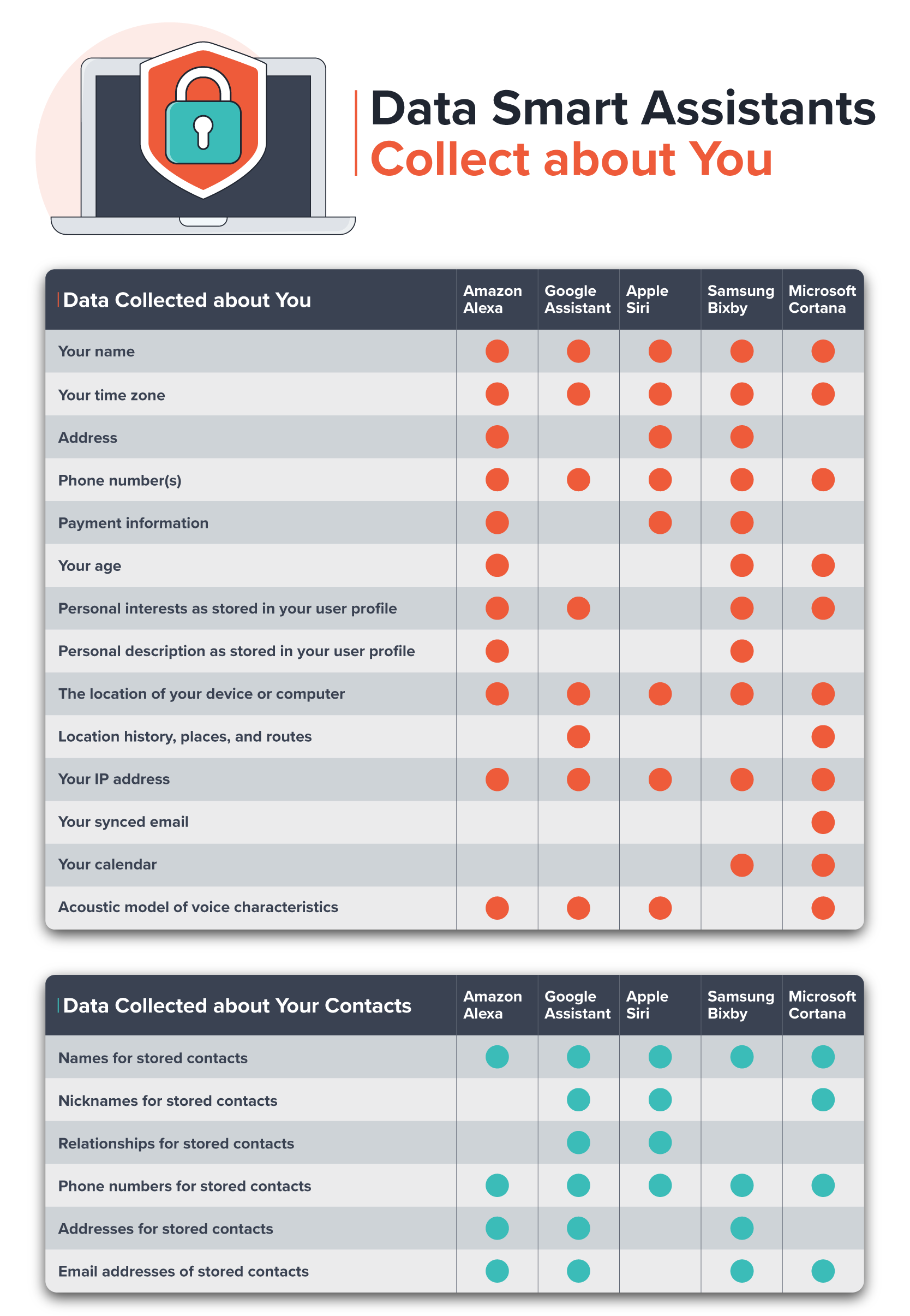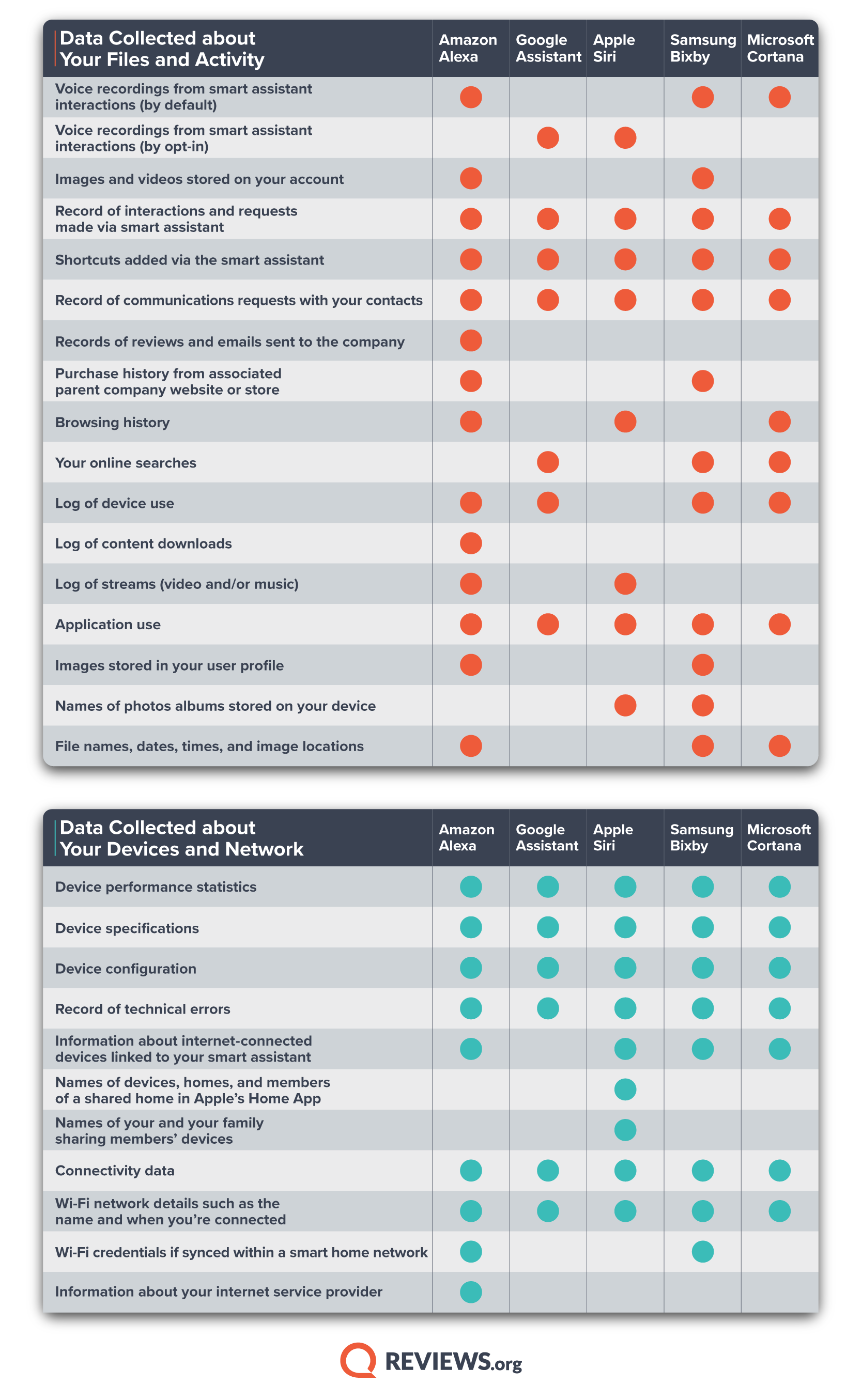The new FTC report studied the privacy practices of six unnamed broadband ISPs and their advertising arms, and found that the companies routinely collect an ocean of consumer location, browsing, and behavioral data. They then share this data with dodgy middlemen via elaborate business arrangements that often aren’t adequately disclosed to broadband consumers.
“Even though several of the ISPs promise not to sell consumers personal data, they allow it to be used, transferred, and monetized by others and hide disclosures about such practices in fine print of their privacy policies,” the FTC report said.
The FTC also found that while many ISPs provide consumers tools allowing them to opt out of granular data collection, those tools are cumbersome to use—when they work at all.
[…]
The agency’s report also found that while ISPs promise to only keep consumer data for as long as needed for “business purposes,” the definition of what constitutes a “business purpose” is extremely broad and varies among broadband providers and wireless carriers.
The report repeatedly cites Motherboard reporting showing how wireless companies have historically sold sensitive consumer location data to dubious third parties, often without user consent. This data has subsequently been abused from everyone from bounty hunters and stalkers to law enforcement and those posing as law enforcement.
The FTC was quick to note that because ISPs have access to the entirety of the data that flows across the internet and your home network, they often have access to even more data than what’s typically collected by large technology companies, ad networks, and app makers.
That includes the behavior of internet of things devices connected to your network, your daily movements, your online browsing history, clickstream data (not only which sites you visit but how much time you linger there), email and search data, race and ethnicity data, DNS records, your cable TV viewing habits, and more.
In some instances ISPs have even developed tracking systems that embed each packet a user sends over the internet with an individual identifier, allowing monitoring of user behavior in granular detail. Wireless carrier Verizon was fined $1.3 million in 2016 for implementing such a system without informing consumers or letting them opt out.
“Unlike traditional ad networks whose tracking consumers can block through browser or mobile device settings, consumers cannot use these tools to stop tracking by these ISPs, which use ‘supercookie’ technology to persistently track users,” the FTC report said.
[…]
Our smart devices are listening. Whether it’s personally identifiable information, location data, voice recordings, or shopping habits, our smart assistants know far more than we realize.


